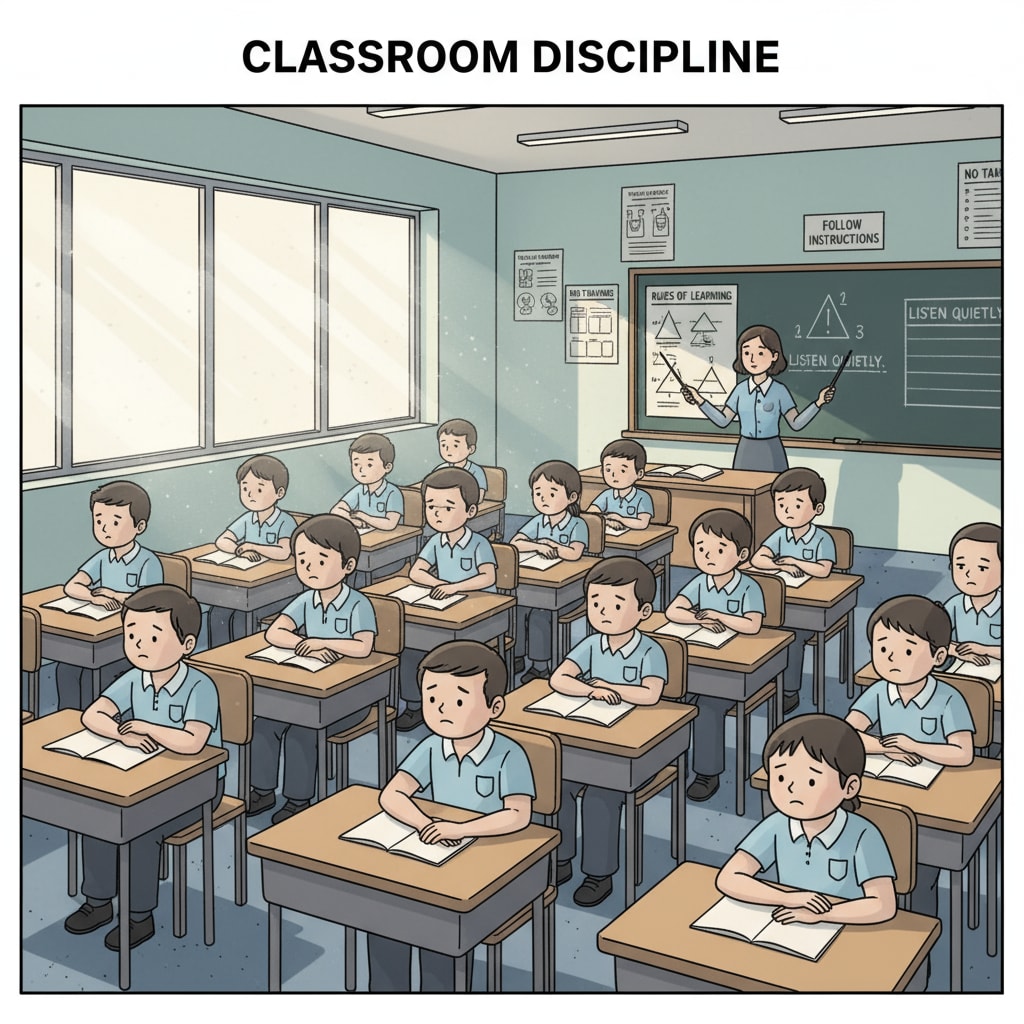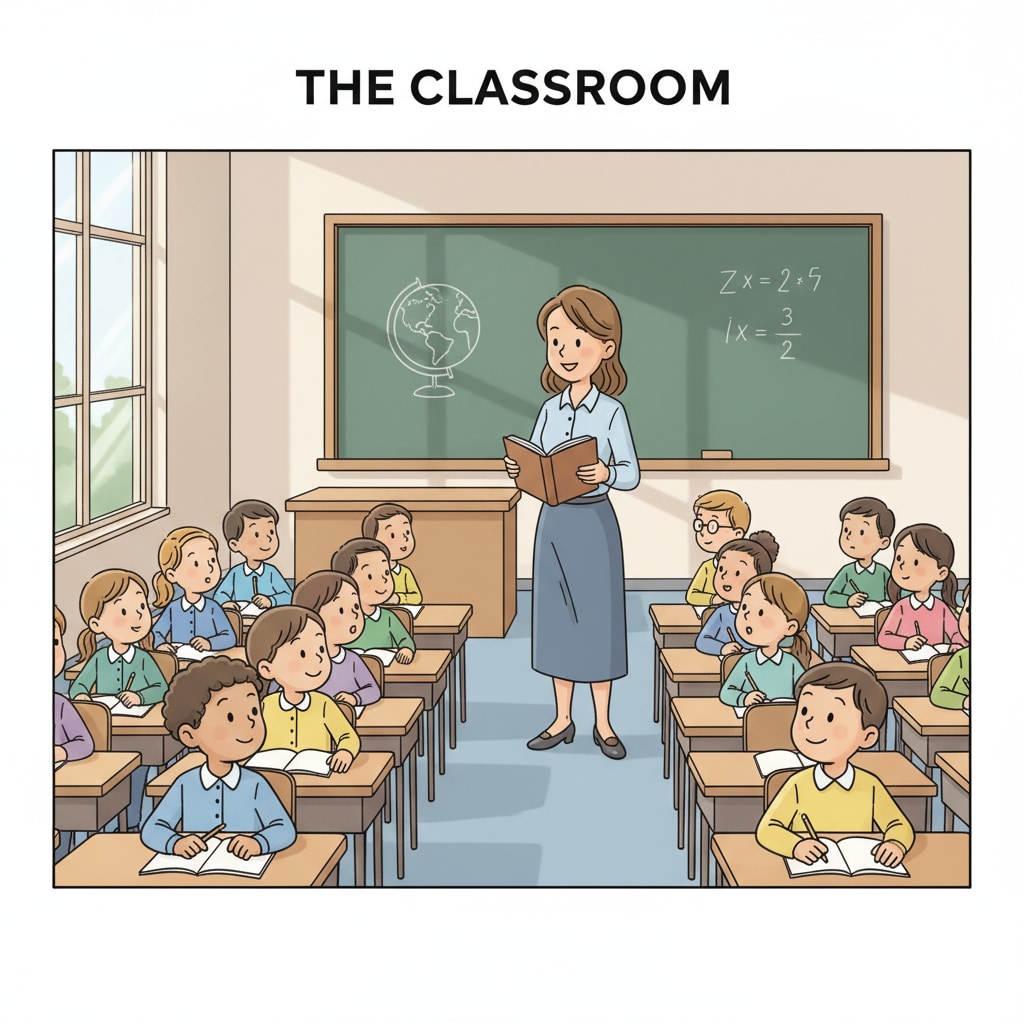The current school system, with its heavy focus on obedience, standardized testing, and grades, is unfortunately suppressing students’ natural curiosity. In the modern K12 education framework, students are often required to conform to strict rules and meet predefined academic standards, leaving little room for genuine exploration and learning. This approach not only stifles their inquisitive nature but also undermines the development of a lifelong love for learning.

The Tyranny of Obedience in K12 Education
In K12 schools, obedience is often prioritized above all else. Students are expected to sit still, raise their hands, and follow a set of rigid classroom rules. This emphasis on obedience restricts students’ freedom to express themselves and ask questions. For example, a curious student who might want to explore a tangent during a lesson is often discouraged in favor of keeping to the curriculum. According to The National Education Association, this overemphasis on compliance can lead to a passive learning environment where students are more focused on following instructions than engaging with the material.

The Curiosity-Killing Impact of Standardized Testing
Standardized tests have become a cornerstone of the K12 education system. These tests measure students’ performance against a set standard, usually in subjects like math and language arts. However, the preparation for these tests often involves rote memorization and practicing test-taking strategies rather than deep learning. As a result, students’ curiosity about the subject matter is sacrificed. A study by The National Center for Education Statistics found that schools that focus more on test preparation see a decline in students’ creative thinking and exploration.
The pursuit of good grades has also contributed to the decline of curiosity. Students are so focused on achieving high marks that they often overlook the joy of learning. Instead of exploring topics out of genuine interest, they study to meet the requirements of the grading system. This grade-oriented approach turns learning into a means to an end rather than an end in itself.
Readability guidance: As we can see, the current K12 education system has significant flaws that are impeding students’ natural curiosity. However, there is hope for change. By rethinking the role of obedience, reevaluating the testing system, and shifting the focus from grades to learning, we can create an educational environment that nurtures curiosity and fosters a love for learning.


